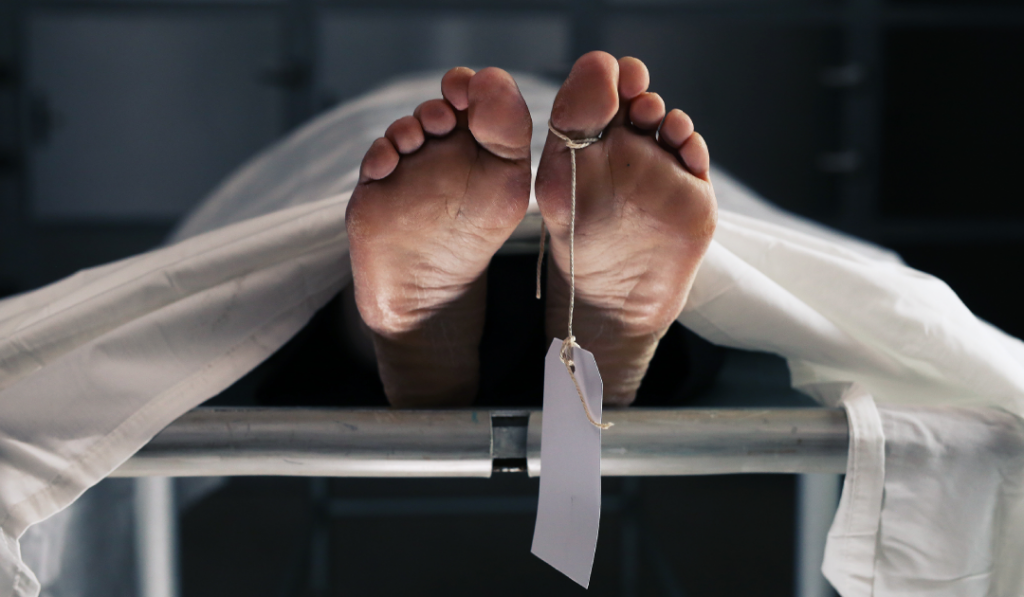For those Baltimore residents who own and operate a car or truck, it can be frustrating when something goes wrong with the vehicle. The primary concern is of course to make sure that the vehicle can still be operated safely before anyone goes out on the road again. Some individuals do not have the luxury of making this decision, however, when something goes wrong with the vehicle while it is on the road.
This was allegedly the case for dozens of individuals who filed suit against Toyota stemming from the unexpected acceleration of vehicles that led to personal injury and death. One wrongful death case against the company is set to go to before a jury. The suit claims the vehicle lacked a brake override system that would have allowed the engine to idle when the gas and brake pedals are pushed simultaneously. As a result, the woman who was driving the car at the time sped through oncoming traffic until she hit a tree and died.
The case above is a good illustration of a wrongful death cause of action based on a fatal accident. Typically, the plaintiff in such a case has to show that another person died as a result of someone else's negligence or intent, and the surviving family members have suffered monetary injury as a result of the death. If these elements can be proven, the surviving family members may be entitled to compensation.
While car accidents are often at the heart of a wrongful death action, virtually any accident or situation leading to a person's death that was caused by the negligence of another can be the basis for the suit. In the alternative, if a person intended to cause harm to another, such as through criminal behavior, this can also support a wrongful death action.



